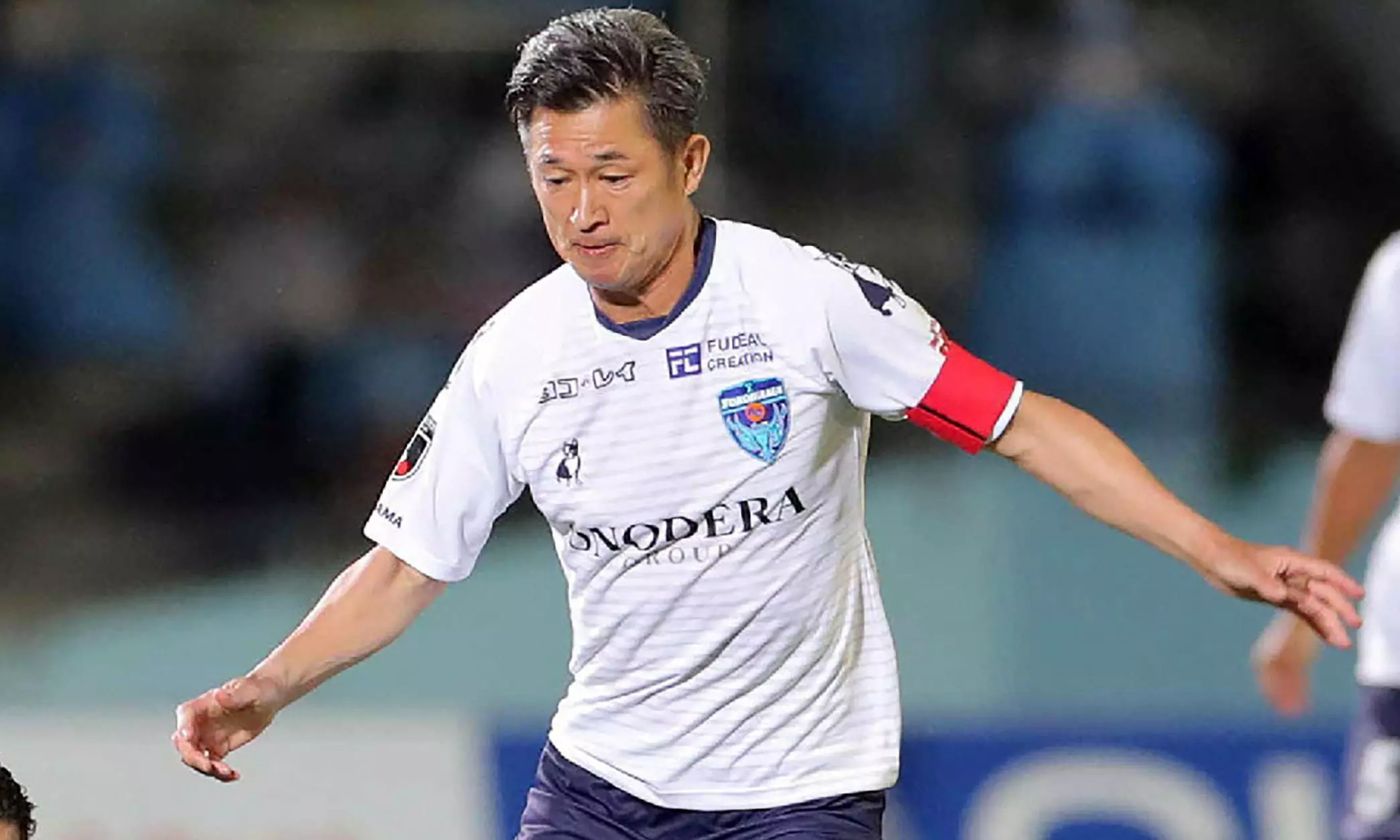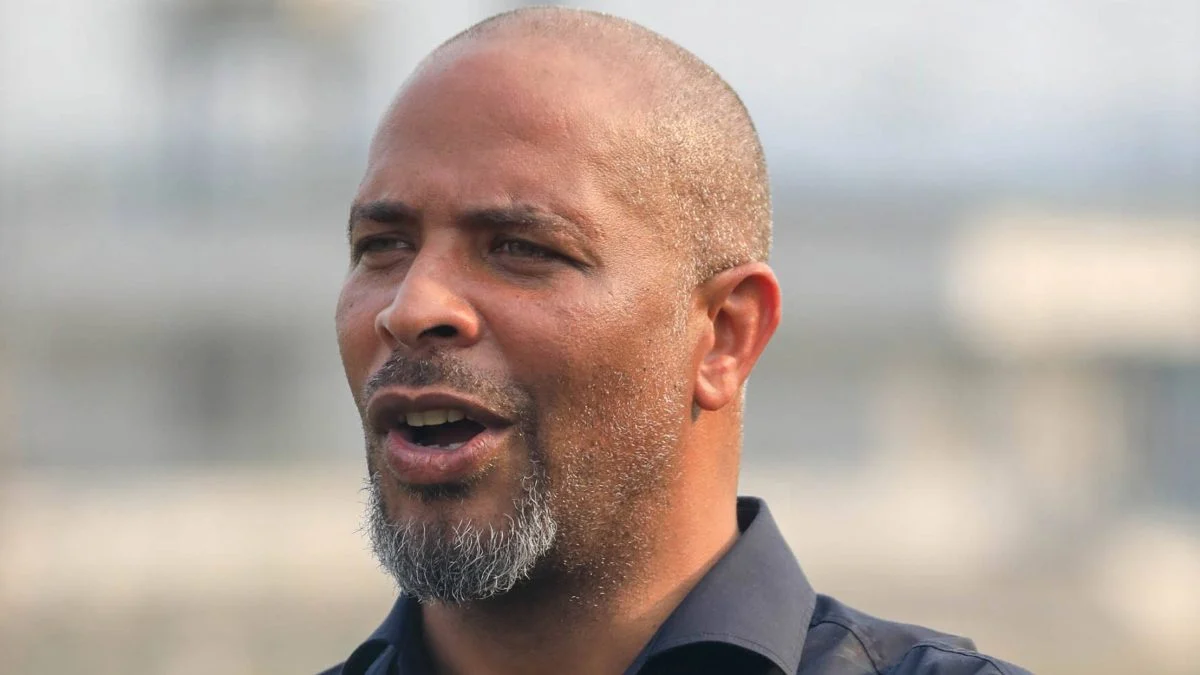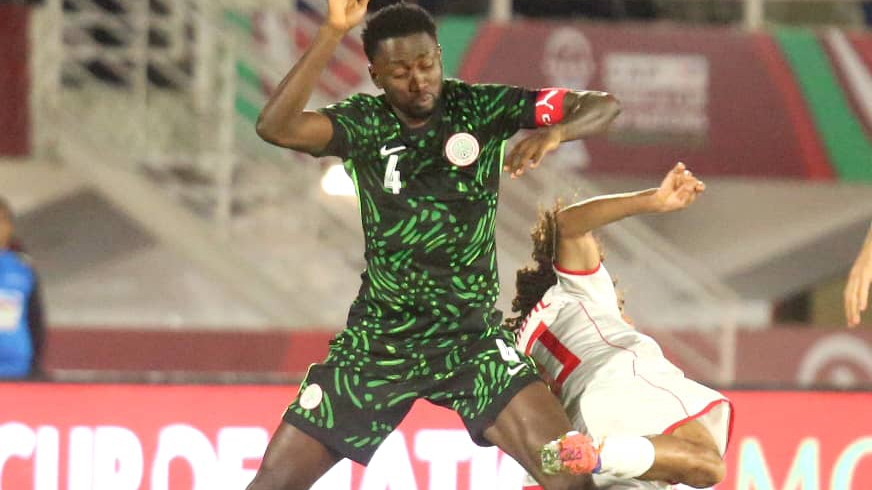In 2022, the Super Falcons surrendered their WAFCON title to the Banyana Banyana of South Africa. Now, the Nigerians have their eyes firmly on the title and prize money attached, as they face host nation, Morocco, in Saturday’s final.
This is the 13th edition of the Women’s Africa Cup of Nations (WAFCON), and the nine-time champions believe they have what it takes to accompany their ‘Mission X’ assignment.
After their hard-earned semi-final victory over South Africa, the Nigerians departed Casablanca on Wednesday for Rabat, venue of the final showdown.
Coach Justine Madugu declared that the Super Falcons are determined to reclaim their continental crown, saying that there will be no room for complacency.
“We thank God for making it to the final,” Madugu said. “I want to assure Nigerians that we are not going to relent or take our eyes off the ball. Our focus is on lifting the trophy in Rabat this Saturday.”
The Falcons secured a 2-1 victory over a resilient Banyana Banyana on Tuesday night, thanks to a stunning last-gasp cross-cum-shot from defender, Michelle Alozie, after captain Rasheedat Ajibade put Nigeria ahead from the penalty spot in the first half.
The result marked another tactical triumph for the Super Falcons’ technical crew, which has tailored its approach to suit each opponent throughout the tournament.
Nigeria is facing a rapidly rising Moroccan side in Saturday’s final at Rabat’s 60,000-capacity Prince Moulay Abdellah Stadium. It is scheduled for 9:00pm local time. The match mirrors the men’s AFCON final earlier this year, where the Super Eagles faced host nation Cote d’Ivoire, again after overcoming South Africa in the semifinals.
In 2016, the Super Falcons, led then by Coach Florence Omagbemi, defeated South Africa in the semifinal at Limbe, Cameroon, and went on to beat the host nation 1-0 in the final witnessed by one of the biggest crowd in Africa football. That final in Yaounde was watched by Cameroon President Paul Biya, and the Falcons won, thanks to a 87 minutes strike by Desire Oparanozie.
This Saturday in Rabat, the Super Falcons will be banking on the quality of Ajibade, whose leadership and class have been pivotal. The firepower of Chinwendu Ihezuo adds strength, just as Esther Okoronkwo and Jennifer Echegini bring flair. Folasade Ijamilusi’s pace is remarkable.
Defender Ashleigh Plumptre has an attacking instinct, while Chiamaka Nnadozie is ever reliable as the safe hands. Nnadozie has been named Africa’s best shot-stopper twice, and is eyeing the third, having conceded just once in Morocco from a penalty by South Africa’s Linda Motlhalo in the semifinal on Tuesday.
Nigeria’s dominance in women’s football stretches back to the inaugural edition in 1998, when they thrashed Morocco 8-0 in Kaduna.Two years later, when South Africa hosted the send edition, the Super Falcons hammered Morocco 6-0.
However, the tables turned three years ago, when Morocco hosted the championships and eliminated Nigeria on penalties in the semi-finals after a 1-1 draw. Since then, the Lionesses have transformed into a formidable force. They have reached consecutive WAFCON finals. They have also become regulars on the world stage.
Ajibade, calm and fiercely driven, knows that past glory counts for little in the heat of a final.
“We know pedigree and past achievements mean little in a match of this nature, but records also serve to encourage and inspire people and groups to go all out when it matters most,” Ajibade said on arrival in Rabat.
Top Nigerian sports administrators, including the leadership of the National Sports Commission (NSC), are already in Rabat to cheer the Super Falcons to victory at the Prince Moulay Abdellah Stadium.
Morocco’s forward Fatima Tagnaout is doubtful for Saturday’s final. She was stretchered off during Morocco’s dramatic semi-final win over Ghana on Tuesday, leaving the pitch in tears after suffering an undisclosed injury. Her absence would pose a tactical challenge for head coach Jorge Vilda, who relies on Tagnaout’s creativity and pace to drive Morocco’s attack.
The 28-year-old has been one of the tournament’s standout performers, playing a key role in Morocco’s historic run to the final. Her potential absence casts a shadow over the team’s bid for a maiden WAFCON title on home soil.






